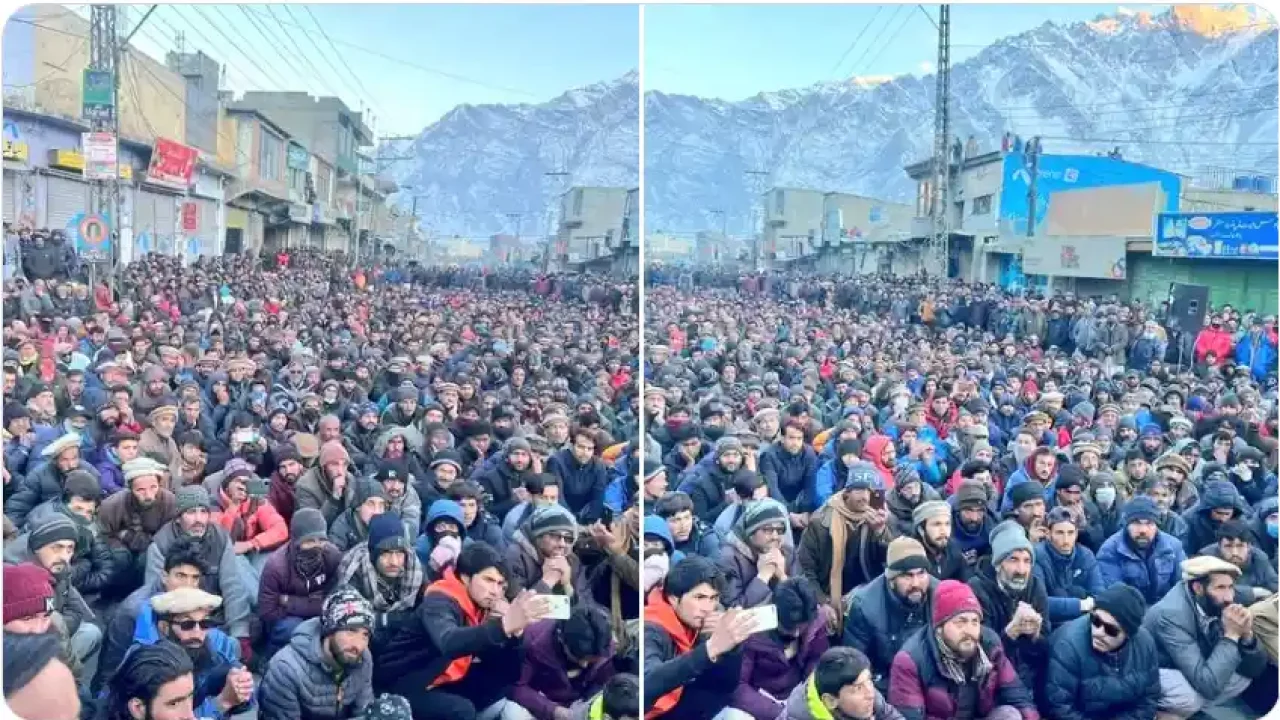Recently, Pakistan-occupied Kashmir (PoK) or as Pakistan calls it “Azad Jammu and Kashmir” (AJK) was besieged by violent protests, with thousands thronging the streets, killing 4 and injuring 100 others. They were triggered for three key reasons: inflated electricity rates not in line with the hydropower generation costs in PoK, an increase in flour prices, and the lopsided privileges conferred upon its society’s elites.
Last month, PoK’s Jammu Kashmir Joint Awami Action Committee (JAAC), the group spearheading the protests, announced they would march to Muzaffarabad, the regional capital, on May 11, as the government had failed to deliver on its promises it had agreed to in December last year. On May 9 and 10, in a bid to stymie the march, the government arrested around 70 JAAC activists, going so far as conducting raids on the residence of the committee’s chairman, Shaukat Nawaz Mir. This propelled him to announce a “shutter-down and wheel-jam strike” across the region and advance the march date from 11 to 10, the Dawn reported.
Shortly after, on May 13, Shehbaz Sharif, the country’s newly elected prime minister, unveiled a ₹23 billion subsidy package as a last-ditch attempt to quell the protests. Now, the rate of 40kg flour was reduced from ₹3,100 to 2000, and the electricity tariff was brought down to ₹3, ₹5 and ₹6 for 100 units, 300 units and more than 300 units respectively.

